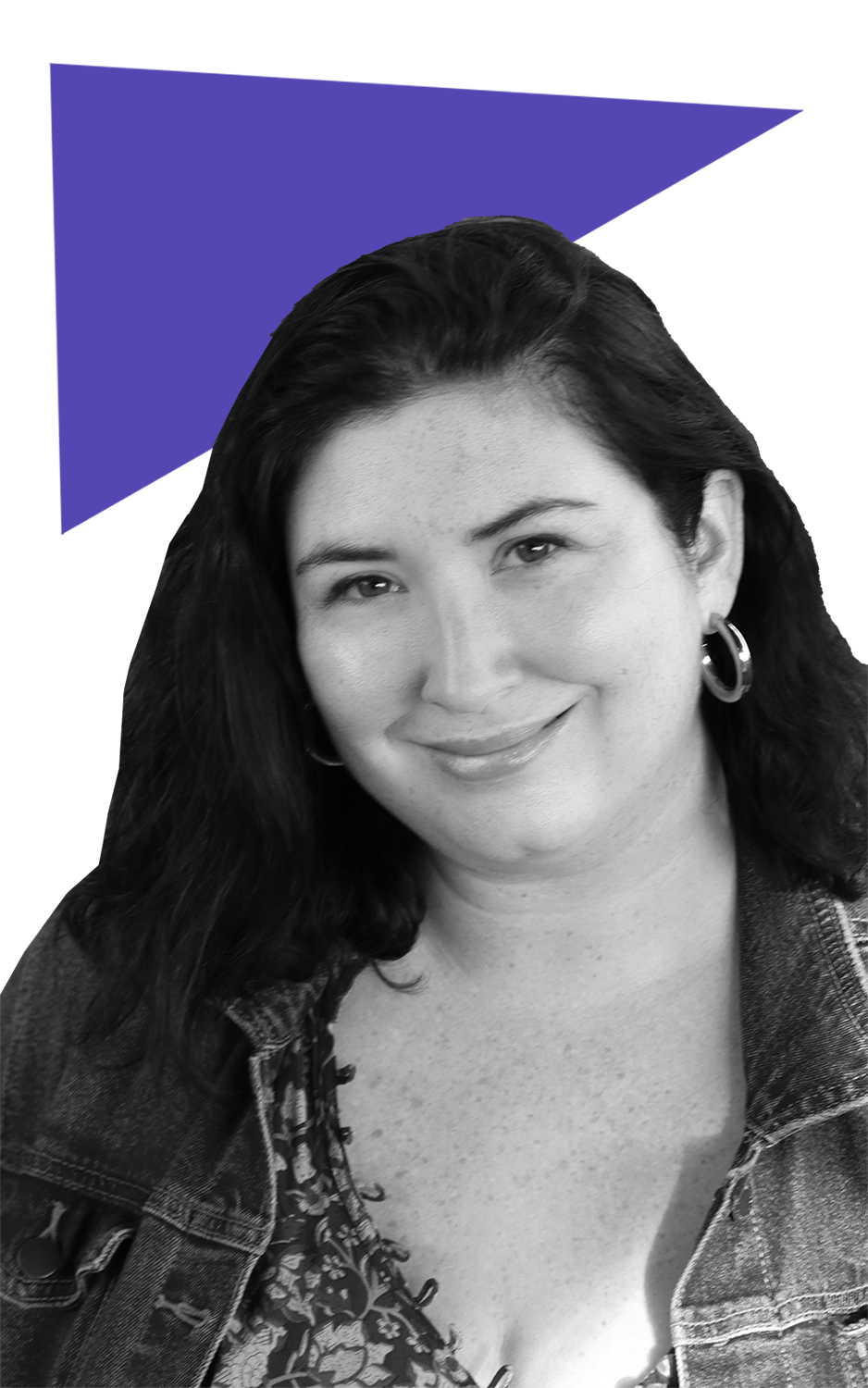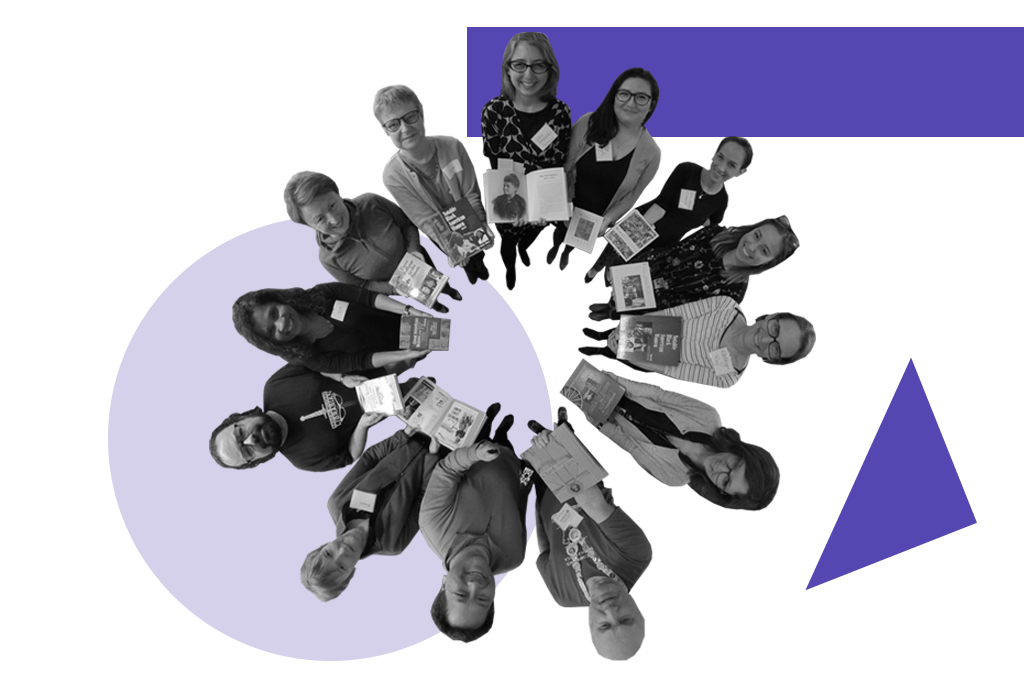The history of Black Americans has often been lost, overlooked, or credited to others. Unfortunately, that also includes the influence of Black women on the United States’ food and drink history.
Meet Lena Richard: the first Black woman to host a cooking television show in the United States. That may sound like a big achievement, and that’s because it is—particularly in 1949.
“At a time when there were few professional opportunities for women, let alone women of color, Lena built a culinary empire in New Orleans during the Jim Crow era,” Smithsonian food historian Ashley Rose Young told me. “Nearly 15 years before Julia Child’s The French Chef aired, [she] became one of America’s first celebrity TV chefs.”
That twice-weekly show aired until 1950, the year of Richard’s death. She had previously gained fame through her New Orleans Cook Book, which was originally self-published under her own name and later republished by Houghton Mifflin.
But despite once being known across the United States, Young says that “today, very few people outside of culinary circles know about her or her incredible life and legacy.”
![]()
But despite once being known across the United States, today, very few people outside of culinary circles know about her or her incredible life and legacy.
Richard was until recently forgotten on Wikipedia too—no one created an article about her until about a year and a half ago. Smithsonian American Women’s History Museum (SAWHM) Open Knowledge Coordinator Kelly Doyle Kim explains why that creates another problem:

Kelly Doyle Kim
![]()
We hear over and over again how if something or someone isn’t on Wikipedia, [people] assume it doesn’t deserve to be included on the site, that this has already been decided and it’s not worth researching further.
It’s concerns like these that have led the Smithsonian, the largest museum, education, and research complex in the world, to deepen their engagement with Wikipedia and its editors.
Earlier this month, teams at the SAWHM and the American Food History Project at the Smithsonian National Museum of American History (NMAH) hosted a virtual event squarely aimed at writing that lost, overlooked, and miscredited history into Wikipedia. The Wiki Focus: Black Women in Food and Drink History Edit-a-thon was the third annual event of its kind.
“We are writing women back into history in some cases by highlighting their legacies on Wikipedia; by surfacing the sources with the expert help of our curators and archives; and, in some instances, releasing images from our collections to make women’s stories both readable and seeable,” Doyle Kim says.
![]()
We hear over and over again how if something or someone isn’t on Wikipedia, [people] assume it doesn’t deserve to be included on the site.
Across the three events, people have added over 30,000 words to Wikipedia on the topic of Black women in food and drink, along with nearly 350 new citations to reliable sources, the foundation on which Wikipedia’s knowledge is built. This year, attendees created seven new articles, including one about Alisa Bowens-Mercado, the owner of Connecticut’s Rhythm Brewing Co. Most importantly, the events empower the attendees with the tools to continue editing and filling in these important historical gaps throughout the year.
Learn more about the Smithsonian’s work with Wikimedia and join a future event at this page.
This blog is part of Open the Knowledge: Stories, a series which features volunteers from the Wikimedia movement who are helping the world truly find the sum of all human knowledge on Wikimedia projects. If you want to know more about what knowledge equity is, why it matters, and how you can help us achieve it, join us at Open the Knowledge.
Ed Erhart is a Communications Specialist at the Wikimedia Foundation.

